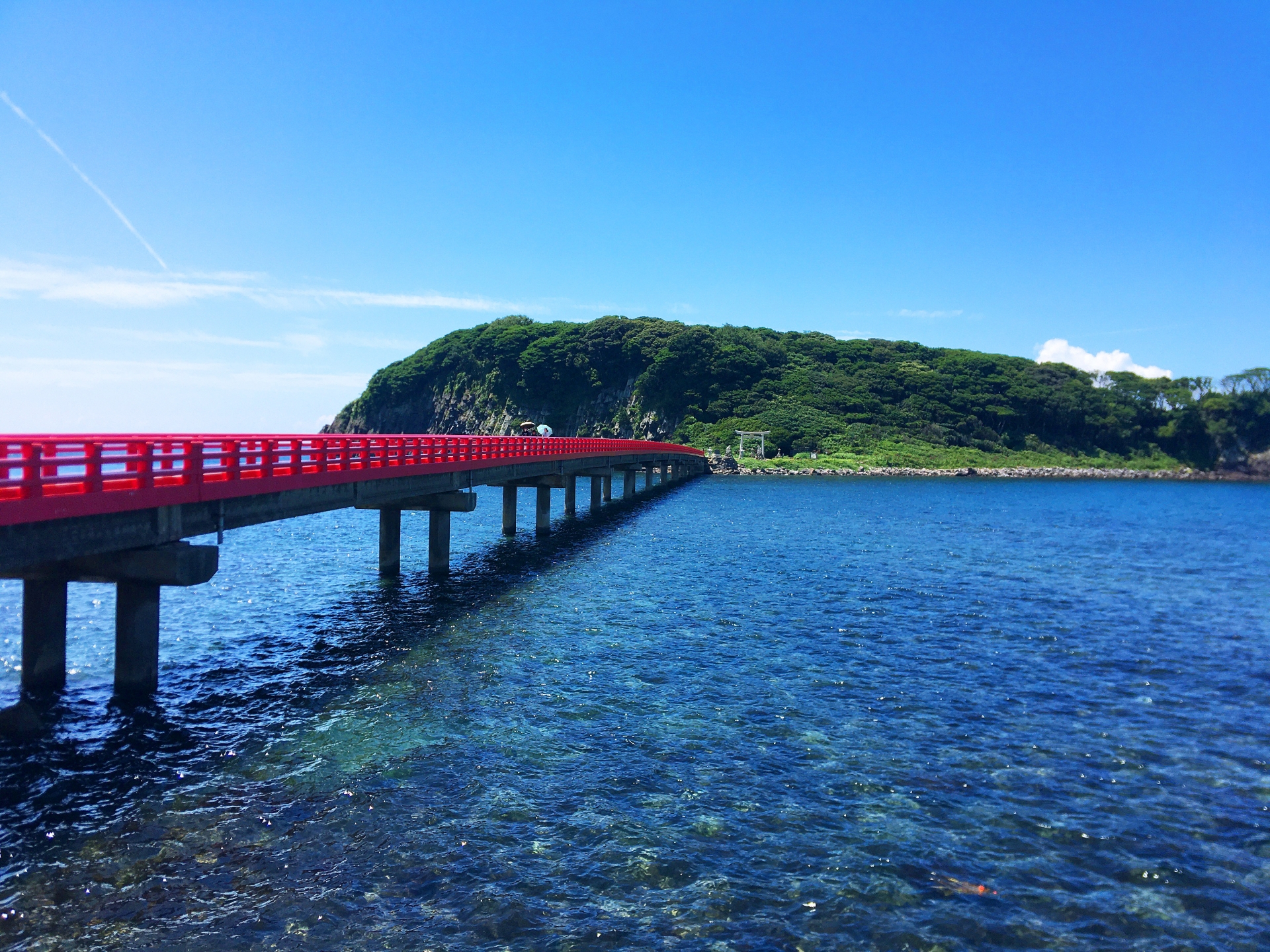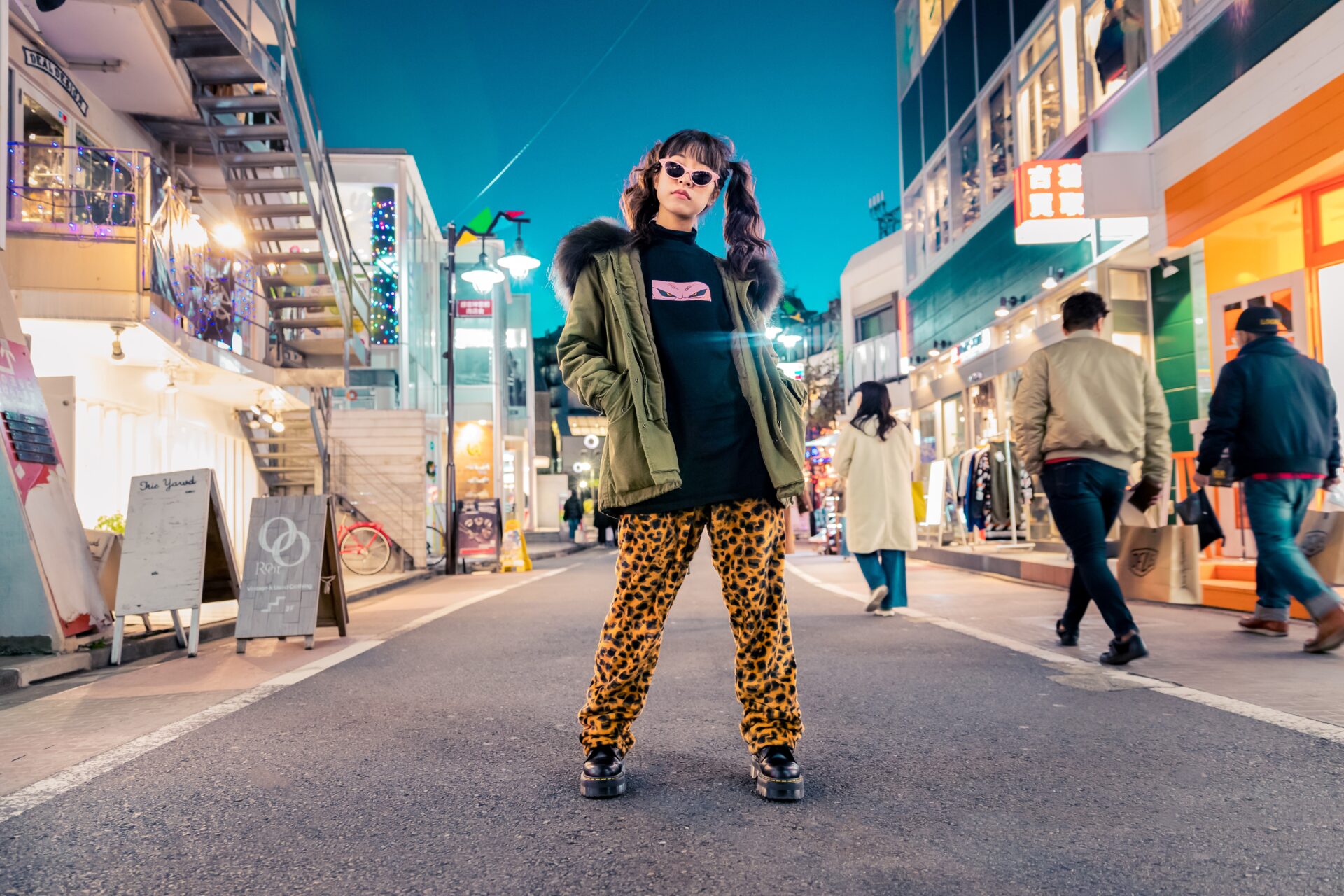If you have an interest in Japan or Japanese culture, maybe you have considered living here in the future. There are many different types of jobs opportunities, from being hired by a local company to starting your own business. Or maybe you are interested in working for a Japanese company in your own country? If you expect to be working with Japanese people in the future, it is always a good idea to learn some simple Japanese sentences and vocabulary that can be used in a business context. Your efforts will surely impress your Japanese business partners! In this article we will introduce some useful Japanese phrases and sentences commonly used in the workplace in Japan.
1. おはようございます (Good morning)

When arriving at work in the morning, be sure to always greet people with “おはようございます!” (Ohayō gozaimasu!). Regardless of your position or management level, this morning greeting is very important to make a good impression. Get off on the right foot by greeting your colleagues with this phrase!
Example dialogue:
A: 鈴木さん、おはようございます!
Suzuki-san, ohayō gozaimasu!
(Good morning, Mr. Suzuki!)
B: 山田さん、おはようございます!今日も元気そうですね。
Yamada-san, ohayō gozaimasu! Kyō mo genki sou desu ne.
(Good morning, Mr. Yamada! You look well today.)
2. おねがいします (Please)
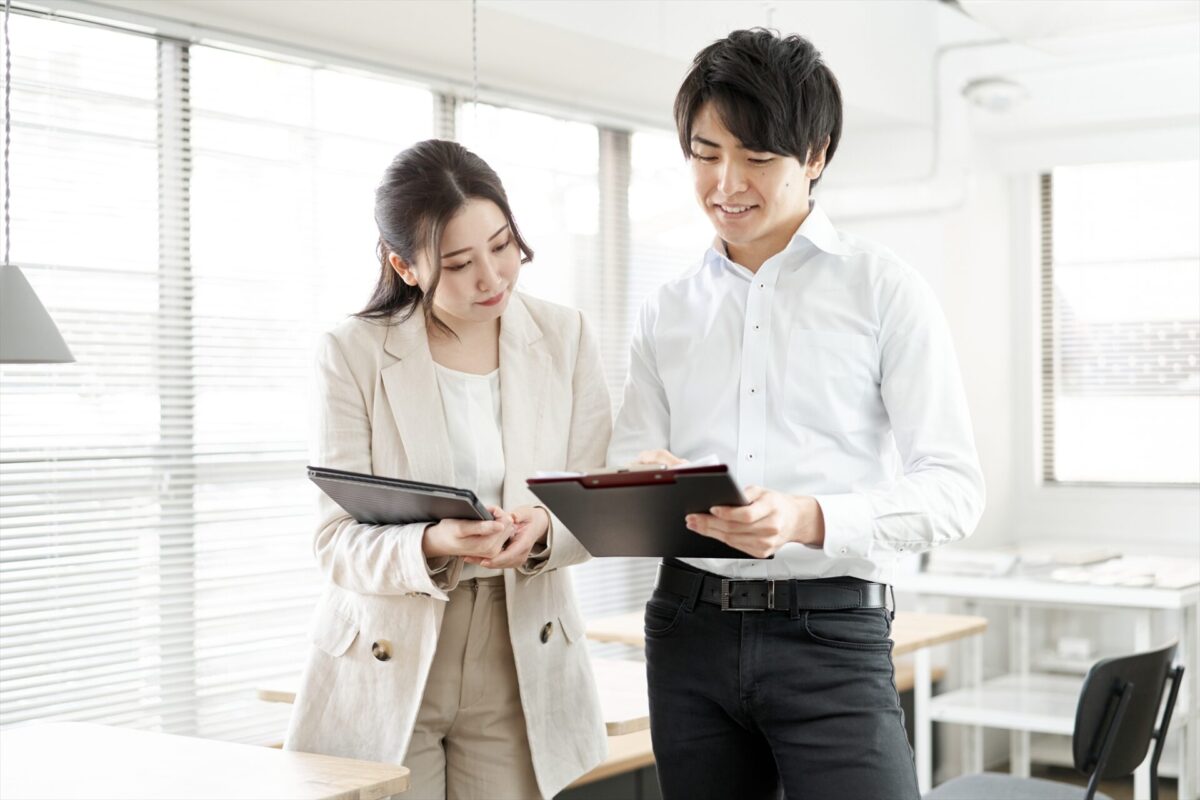
The phrase “おねがいします” (Onegai shimasu) can be used in a lot of different ways but is most often used when asking for a favor from your boss or co-workers. It’s rough equivalent would be “please” in English. If you don’t use this phrase when you ask someone for a favor, you will sound somewhat rude and commanding, so be sure to include this phrase after stating your request!
Example dialogue:
A: こちらにサインをお願いします。
Kochira ni sain wo onegai shimasu.
(Please sign here.)
B: 分かりました。今サインしますね。
Wakarimashita. Ima sain shimasu ne.
(Sure, I’ll sign now.)
3. ありがとうございます (Thank you very much)

When you ask someone for a favor and that person agrees to help you out, be sure to thank him/her to show your appreciation. “ありがとうございます”(Arigatō gozaimasu)” is more polite than the simplified version “ありがとう” (Arigatō) and is usually used in all business situations.
Example dialogue:
A: 昨日は会議の資料の作成を手伝っていただき、ありがとうございました。
Kinō wa kaigi no shiryō no sakusei wo tetsudatte itadaki arigatō gozaimashita.
(Thank you very much for helping me make the documents for the meeting yesterday.)
B: どういたしまして。お役に立ててよかったです。
Dōitashimashite. Oyaku ni tatete yokatta desu.
(You’re welcome. I was happy I could be of help.)
4. すみません (Excuse me, I’m sorry)
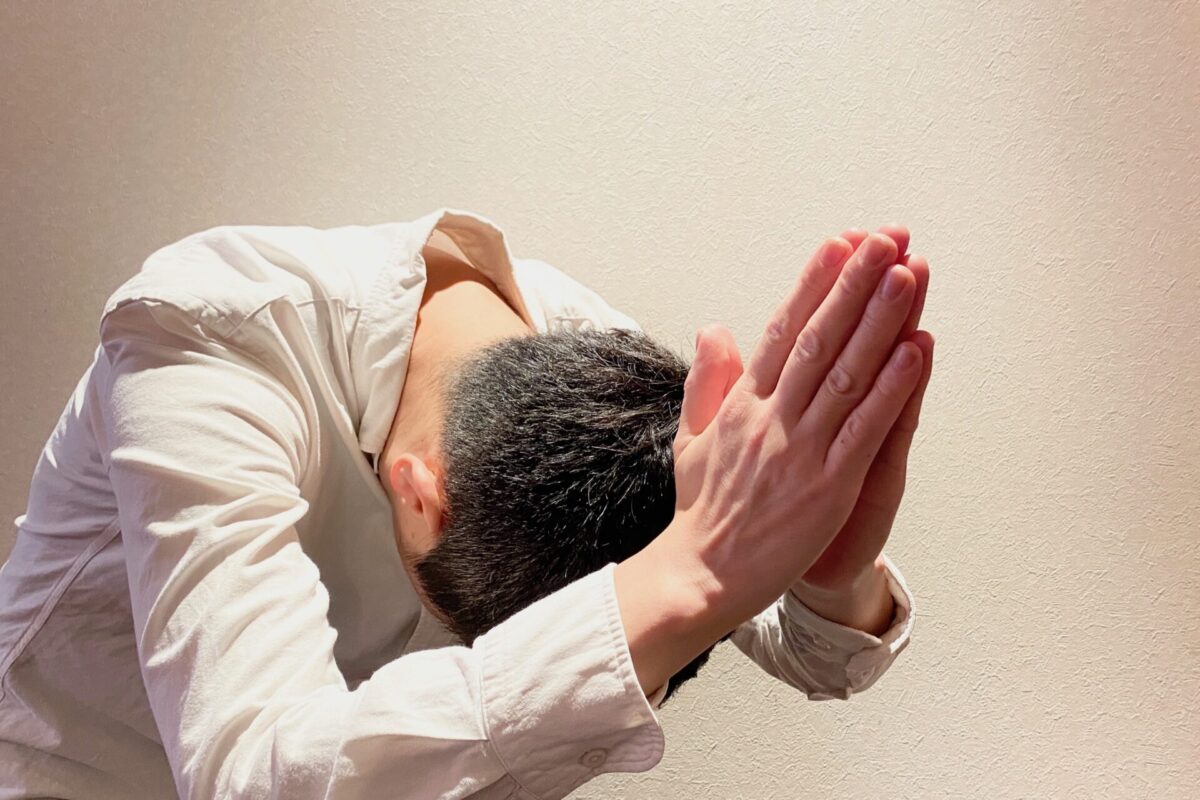
“すみません” (Sumimasen) can be used when you make a mistake at work or when you want to get someone’s attention. “Sumimasen” is a special Japanese word which can be used in situations that call for either saying “I’m sorry” or “Excuse me”.
Example dialogue:
(“Sumimasen” used as “I’m sorry”)
A: 今日の報告書を作り終えました。確認をお願いします。
Kyō no hōkokusho wo tsukuri oemashita. Kakunin wo onegai shimasu.
(I finished today’s report. Please have a look at it.)
B. 分かりました。今見ますね。…えぇと、ここの数値が間違っているようですよ。
Wakarimashita. Ima mimasu ne. Eeto, koko no sūchi ga machigatteiru youdesu yo.
(Sure. Let me have a look… Well, this number here doesn’t seem correct.)
A. あぁ、すみません!今すぐ直します!
Aa, sumimasen! Ima sugu naoshimasu!
(Oh, I’m sorry about that! I’ll revise it right away.)
(“Sumimasen” used as “Excuse me”)
A: すみません。今日の会議は何時から始まりますか?
Sumimasen. Kyō no kaigi wa nanji kara hajimarimasuka?
(Excuse me. What time does today’s meeting start?)
B: 午後2時です。
Gogo niji desu.
(At 2:00 pm.)
5. おつかれさまでした

“おつかれさまでした” (Otsukaresama deshita) is a phrase that is difficult to translate into English, but expresses appreciation for the other person’s efforts. It’s used when you want to thank someone after he or she has worked hard on completing a task. You could say it’s roughly equivalent to the English phrase “Good work!”.
“Otsukaresama deshita” is also used as a way to say “goodbye” at the end of the workday. In this case, it’s common to reply with the same phrase, “Otsukaresama deshita!”.
Example dialogue:
(“Otsukaresama deshita” used as “showing gratitude for another person’s efforts”)
A: 今日の会議での新しいプロジェクトの発表、おつかれさまでした。
Kyō no kaigi deno atarashii purojekuto no happyō, otsukaresama deshita.
(You did a good job presenting the new project at today’s meeting.)
B: ありがとうございます!
Arigatou gozaimasu!
(Thank you very much!)
(“Otsukaresama deshita” used as “goodbye”)
A: ではお先に失礼します。おつかれさまでした!
Dewa osakini shitsurei shimasu. Otsukaresama deshita!
(I’m heading home now. Goodbye!)
B: お疲れ様でした!また明日!
Otsukaresama deshita! Mata ashita!
(Goodbye! See you tomorrow!)
We talked about some phrases commonly used in the office in Japan, so give it a go next time you talk to your Japanese colleagues or business partners! If you want to learn more words and phrases, bookstores and libraries in Japan often carry books specialized in business Japanese that can help you prepare for a job in Japan.
Japan Wonder Travel Tours
Japan Wonder Travel is a travel agency that offers guided tours throughout Japan.
From private walking tours to delicious Food and Drink tours, we can help you organize the best tours just for you! If you want to explore Japan and learn more about the history and backstories of each area you are visiting, our knowledgeable and friendly English speaking guides will happily take you to the best spots!
In addition, we can provide you with any assistance you may need for your upcoming trip to Japan, so please feel free to contact us if yu have any questions or need some help!
▶Tokyo Tsukiji Fish Market Food and Drink Tour
Explore the most lively and popular fish market in Tokyo and try some of the local’s favorite street foods and sake with one of our friendly and knowledgeable English speaking guides!

▶Tokyo 1–Day Highlights Private Walking Tour (8 Hours)
There’s no better way to explore an area than taking a tour with a knowledgeable local guide. You will have the chance to learn about the history and interesting background stories of Tokyo, as well as discover some hidden gems which can be hard to do without a guide.
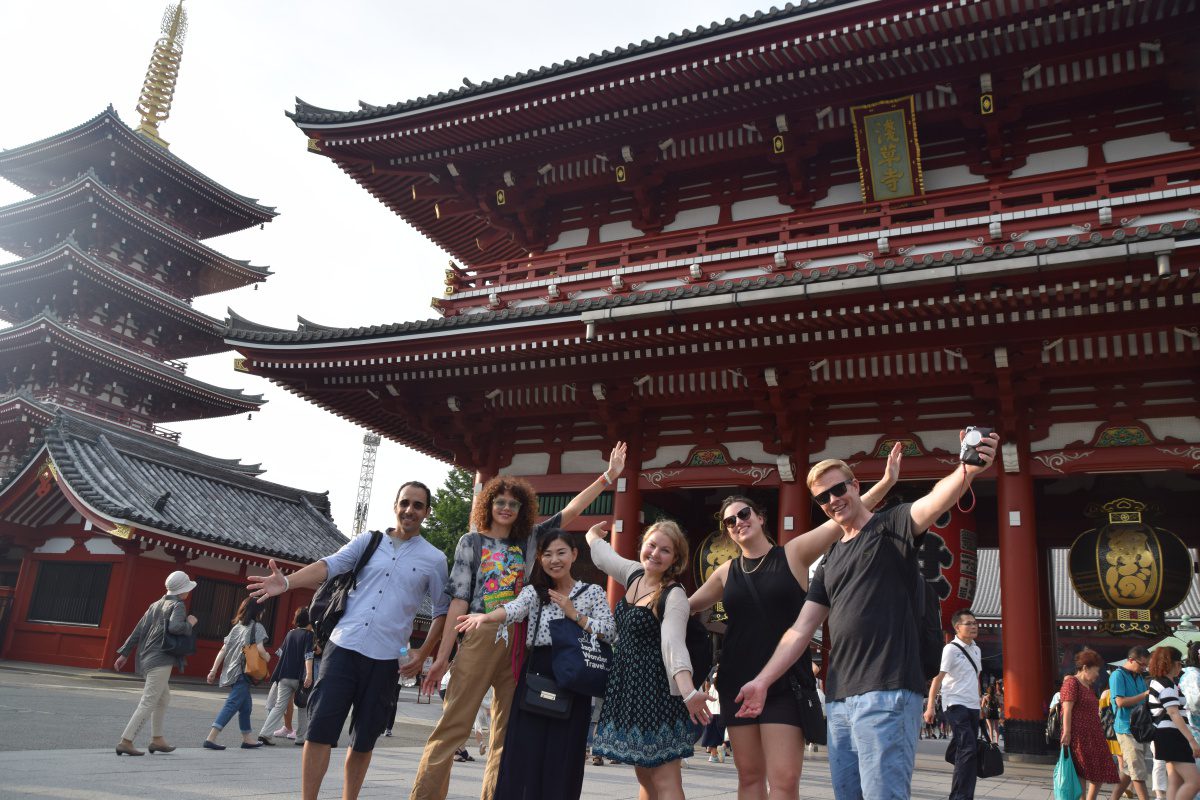
▶Mt. Fuji Day Trip Bus Tour from Tokyo
Experience the breathtaking views of Mt. Fuji by visiting the highlights of the area on our guided sightseeing bus tour! Departing from Shinjuku in central Tokyo, you can travel comfortably to all of the best spots in the area by bus.
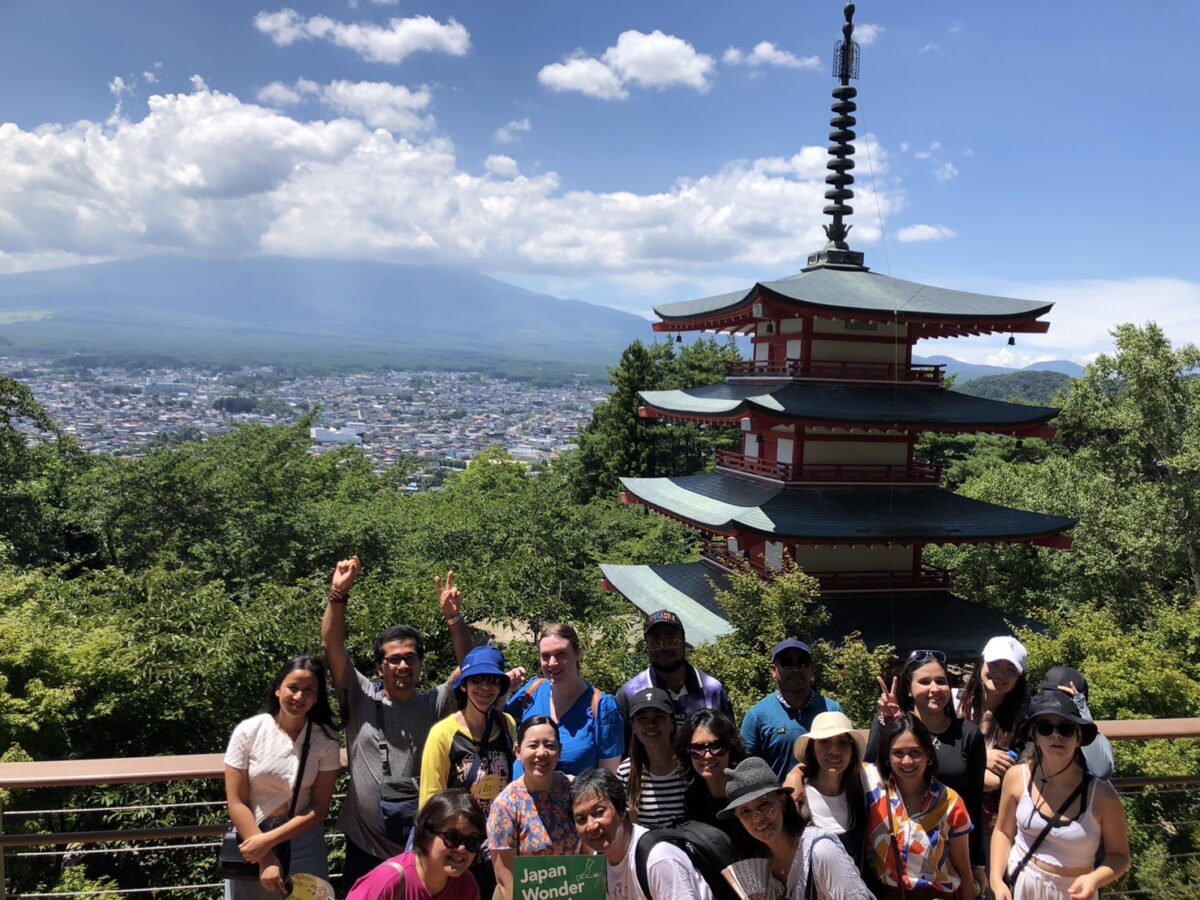
Follow us on Instagram, Facebook, Twitter, and TikTok for more travel inspiration. Or tag us to get featured!
Happy traveling!
Other articles you might be interested in

Mao Goto is a Japanese freelancer who was born in Hayama, Kanagawa prefecture, and raised in Tokyo. Since 2016 she lives in the Taito Ward, home to a lot of Japanese culture hotspots such as Asakusa, Akihabara, and Ueno. She has been interested in the field of English education in Japan and got her Master’s degree in March 2020. A lover of photography, travel, sweets, and cross-stitch. Contact her via Facebook.
This post may contain some affiliate links. When you click through and make a purchase we may receive some commission, at no extra cost to you.




